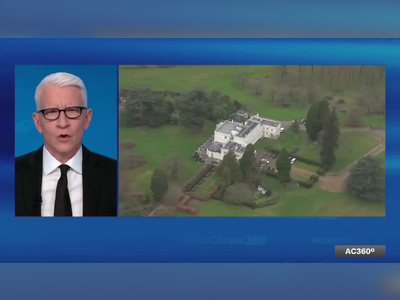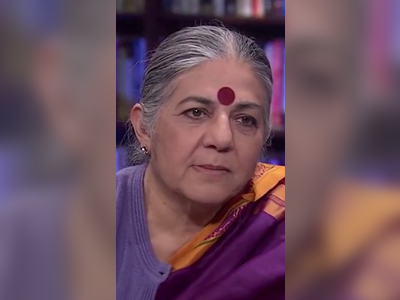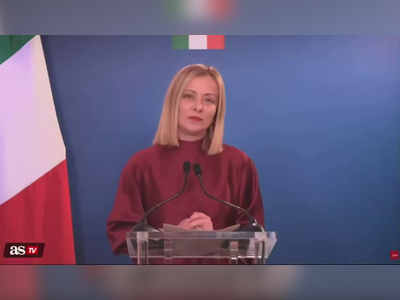
Covid-19 has killed 100,000 people in the UK. Experts say the government is still getting it wrong
Ten months on, Prime Minister Boris Johnson delivered a somber public briefing Tuesday, in which he announced the country could now count more than 100,000 people as its Covid-19 dead, in what he called a "grim statistic."
Of the worst-affected nations, the UK has earned the dishonor of having the highest number of confirmed deaths in the world, proportionate to population.
A surge in case numbers that began in December has pushed hospitals to the brink. ICU workers say they have been forced to "dilute" their care and describe mental health struggles under unprecedented pressure.
Schools are shut and have moved online, disrupting the lives of students and working parents alike. All but essential shops are closed. In England, socializing, even outdoors, is banned, except in pairs for exercise.
There are few differences from the spring, when Britons suffered a devastating first wave and were put under a draconian lockdown. They are now asking themselves how they got here. Yet again.
When asked that very thing, Johnson has repeatedly pointed to a new and more contagious variant of the virus, now infamously known around the world as the "UK variant." Health Secretary Matt Hancock too has claimed the country's response was working until the new variant hit.
But it's not that simple. Like in the first wave, the government has been slow to respond to rising case and death numbers with restrictions. It has failed to get an adequate contact-tracing and isolation system running. And it has, again, been slow on border controls, only closing "travel corridors" with more than 60 countries or territories in mid-January amid record-breaking daily death tolls.
Experts say the government hasn't learned from its past mistakes and still lacks a coherent strategy.
Prof. Anne Johnson, president of the UK's Academy of Medical Sciences, said there was a clear correlation with the relaxation of restrictions before Christmas and the recent spike in infections.
"The new variant is important and more transmissible, but that's not the only cause of the third wave. Let's be clear," she told CNN.
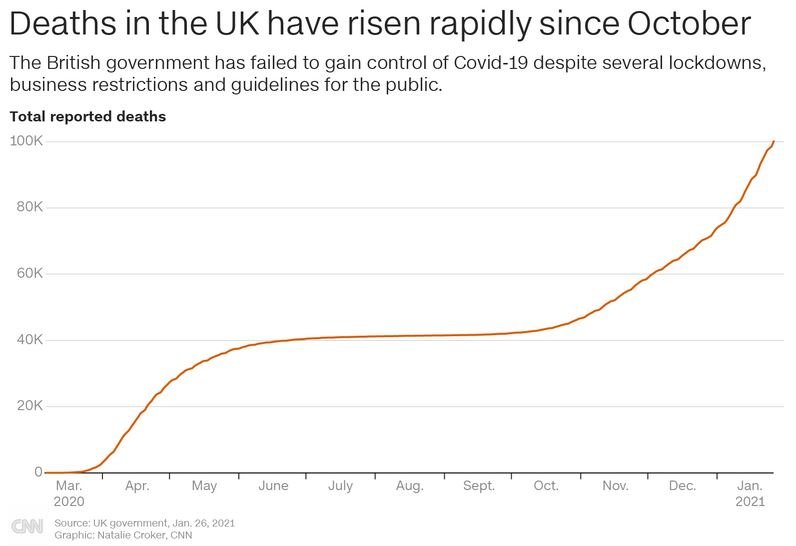
Boris Johnson had for weeks been telling the nation they could celebrate Christmas with friends and families, allowing a mixing of households if they just followed the rules during a November lockdown. He called the whole thing off at the 11th hour, at least in England's worst-hit counties.
But it was too late. The damage had been done well before the holidays began, and medical staff knew they would be in for a tough January.
"Inevitably, if you come out of lockdown on the 2nd of December, as we did, with people gagging to get to the shops and get out and about, and we've got three weeks before Christmas, that's going to be clearly a moment for seeing more transmission," Prof. Anne Johnson said.
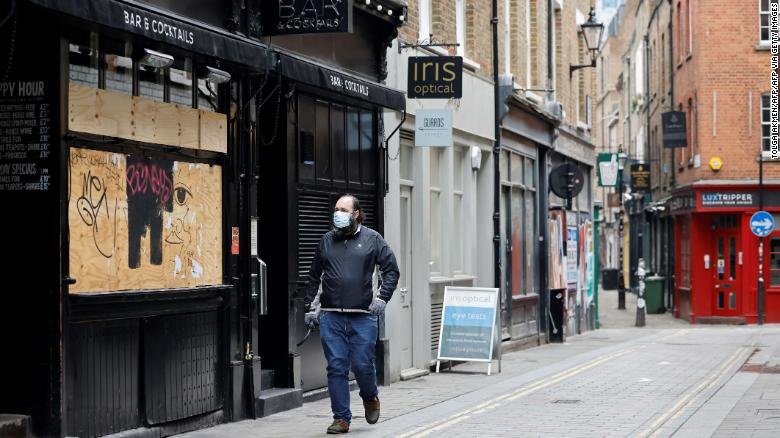
In the aftermath, the Prime Minister argued the government could not have foreseen the new, more transmissible variant. But the idea that viruses mutate, sometimes in the shape of more aggressive forms, is widely understood.
It was even flagged as a potential threat in a July report by the Academy of Medical Sciences, for which Prof. Anne Johnson was a lead author. The government had commissioned the report for the precise purpose of preparing for the difficult winter it knew was coming.
In July last year, the Prime Minister was forced to admit he had not read the report when asked in parliament. In January, six months later, he did not answer a question by the BBC's Andrew Marr in an interview on whether he had finally gotten around to reading it. His office did not answer a question from CNN on whether he had now read it.
It's an example of what the Prime Minister's critics say is his aversion to detail. The Johnson government has long emphasized learning to live with Covid-19, simply accepting a certain level of circulation in the community. Had he taken the winter report's warning seriously, however, he may have understood the additional threat of a new variant.
The report, along with several others from medical experts, also raised concerns about the country's test, trace and isolate system. Testing has improved dramatically, but tracing and isolating hasn't. Anecdotal evidence is growing that an app designed to aid the process is largely inactive.
The Department of Health told CNN that the app had been downloaded more than 21 million times and was still a key tool in helping break chains of transmission.
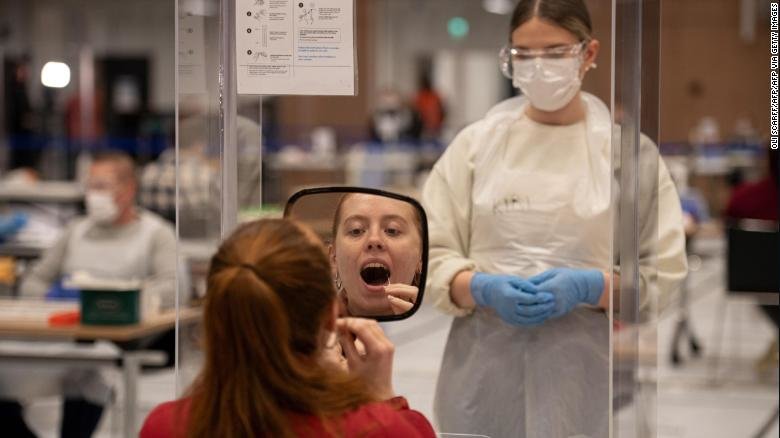
But compliance is a major issue. In an ongoing survey of people's behavior and feelings around Covid-19 in the UK by the University College London, 38% of respondents said they were not isolating after developing symptoms for the full recommended 10-day period. Some 13% said they were not isolating at all.
And 75% of adults over the age of 60 who reported experiencing symptoms at least once said they had never bothered requesting a test.
The study's lead author, Dr Daisy Fancour, said in a statement the number of respondents not isolating was "deeply concerning."
The study also finds a correlation between isolation compliance and income level. This suggests that many people breaking rules on isolation are doing so because of financial pressures.
"The increased adherence to self-isolation rules among those with a higher household income suggests that many of those not isolating are breaking guidelines due to financial concerns, and more support needs to be put in place to allow people to self-isolate without fear of losing out financially," Fancour said.
'Too little, too late'
After the hardship of the first wave, it's difficult to comprehend why the government hasn't adopted the models seen in countries that have been more successful in their responses, particularly in terms of border controls.
UK Home Secretary Priti Patel admitted to a group of Conservative Party supporters that the government should have closed borders in March, according to a video published by the pro-Conservative website Guido Fawkes. She claimed that she had supported the idea at the time.
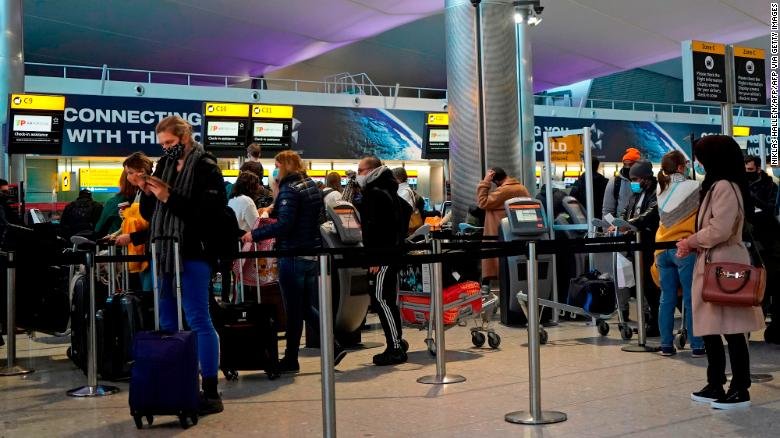
The UK may have finally hardened its border, but it's easy to see how more cases could slip through the net. Most of the country now requires people crossing its borders to self-isolate for 10 days, but it has no robust mechanism to ensure people are complying.
In Canada, arrivals isolate at home, but police check in with them. Rule-breakers face up to six months in jail. Hong Kong, South Korea and Singapore use electronic wristbands to ensure people stay home during quarantine periods. They are controversial from a privacy perspective, but they broadly work.
And in Australia, arrivals are forced to stay for two weeks in strict government-monitored "quarantine hotels." Arrivals have to pay for their own quarantine, charged at a rate of around $3,000 ($2,3000) for one adult in most states. It's a measure Johnson's government is only now considering.
The leader of the opposition Labour Party, Keir Starmer, chastized Johnson in a scathing speech earlier this month, saying his indecision was costing lives.
"Every time there's a big decision to make, Boris Johnson gets there too late," he said.
"The government says it's trying to balance the health crisis with the economic crisis. Yet we ended 2020 with one of the worst death tolls in Europe and the deepest recession of any major economy. That's not bad luck. That wasn't inevitable. It's the consequence of the PM's repeated delay and incompetence."
Enforcing the kind of border controls seen in Australia wouldn't be hard -- when you take out Northern Ireland, the UK is essentially an island around the size of the state of Kansas. The export of the UK variant to 60 countries demonstrates how porous the UK's border has been.
Australia, a country of 25 million people, has reported just over 900 deaths. It has been able to keep the virus at bay with its quarantine hotels in conjunction with swift local lockdowns, granular data and transparency that has won the public's trust, according to a report by consulting firm McKinsey.
The country is now working on its economy's recovery as the UK struggles just to keep its own open.
When asked by a reporter whether he could have done more to prevent deaths, Johnson said he took full responsibility for his government's response but made no admissions of any missteps.
"We did everything that we could to minimize suffering and minimize loss of life in this country as a result of the pandemic, and I'm deeply sorry for every life lost."
The threat of vaccine complacency
Johnson also sought on Tuesday to focus on the UK's success with its vaccine program. The UK was the first country to begin vaccinating people with a fully vetted and authorized Covid-19 shot, and to date it has given at least 6.8 million people the first of two doses.
The prospect of success here could offer Johnson the political get-out-of-jail card he sorely needs.
But for the vaccine rollout to be a success, Johnson's government will need to smooth out its distribution, which some medical service providers say has been haphazard to date, though it is early days.
"There are clearly issues around supply," said Danny Mortimer, chief executive of the NHS Confederation, which represents providers of the government-funded National Health Service. But he is not aware of whether the problem is one of supply or of distribution.
The Department of Health and Social Care declined to tell CNN how many vaccine doses the country had in stock, saying it was now part of the country's critical infrastructure, citing "security reasons" for withholding details on supplies.
But it said that the country's "vaccine supply and scheduled deliveries will fully support" the country's program, including the immunization of four key groups by February 15.
"The UK has already vaccinated more people than any other country in Europe, and we are mobilizing the government, NHS and our armed forces as part of a massive national effort to lead us out of this crisis," it said.
Supply concerns are compounded by the pressure to administer a large number of the Pfizer/BioNTech vaccine fast. Rigid temperature requirements mean doses that are refrigerated need to be used in five days. With a box typically containing 1,000 doses, surgeries and vaccine centers have to administer 200 shots a day to ensure no doses in a box go to waste.
Mortimer said the vaccine program was "truly impressive" in scale and had given worn-out NHS workers a huge boost in morale, but he emphasized the urgent need to improve distribution.
Like many health experts, he warns against the UK becoming too reliant on the vaccine as a silver bullet.
Improving other measures -- especially the test, trace and isolate system -- is crucial to bringing infection numbers down until there is a high level of immunity in the country, which may not be until the end of the year, Mortimer explained.
"We need to know that as the vaccine is rolled out, and as it takes time for the vaccine to gain efficacy, that those elements of tracing and isolating are robust, and are robust for the longer term. It's probably too early to say we have full confidence in that, but it's really important the government gets that right," he said.
"The sad reality of this last 10 months is that NHS organizations have seen this virus do real harm to their communities. We can see this in a really depressing death toll, but we can also see it in the longer-term impact the virus having on people's health."








